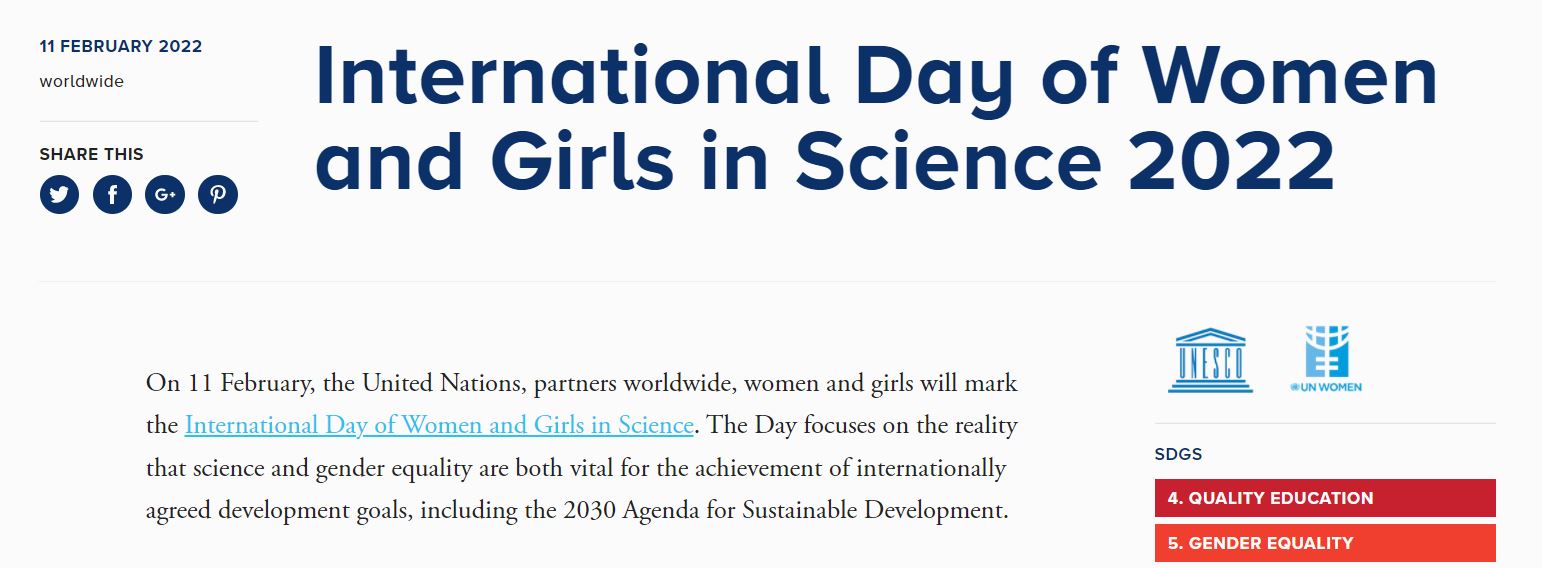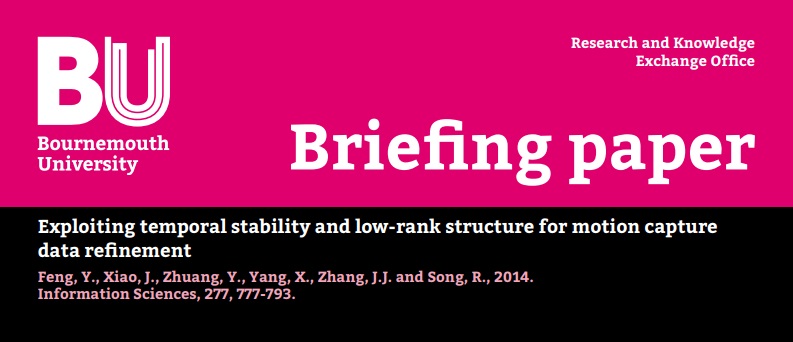Tomorrow Friday 11th February is the UN’s International Day of Women and Girls in Science. To celebrate this event we would like to highlight the contributions of three BU female academics in the sciences in the Faculty of Health & Social Sciences: Jane Murphy, Rebecca Neal and Amanda Wilding.
Prof Jane Murphy – Professor in Nutrition, Co-lead for the Aging and Dementia Research Centre
Jane is a role model as a female research leader committed to solving key nutrition problems in older adults. She has won funding from prestigious organisations like the Burdett Trust for Nursing and NIHR. Jane’s research has direct impact in practice through her clinical lead role in the Wessex Academic Health Science Network. She influences high standards in education and practice in her role as an elected council member for the Association for Nutrition.
Dr. Rebecca Neal– Senior Lecturer in Exercise Physiology.
Rebecca is an Early Career Research excelling in traditionally male-dominated field of Sport and Exercise Science. Her work in the field of Extreme Environmental Physiology is published in prestigious physiology journals and she has been the recipient of external and internal grants to advance her work. Rebecca contributes greatly to transferring her research finding to the end user, through public engagement events, magazine articles and podcasts aimed at raising the awareness of the issues and needs of individuals exercising in extreme environments.
Dr. Amanda Wilding– Senior Lecturer in Sport Psychology
In addition to teaching Sport and Exercise Psychology, Amanda works as a Sports Psychologist in professional male football and Army rugby. Her involvement working in male dominated sports lead to her being invited to lead a workshop on Women in Sport to women at the Princess Nourah Bint Abdulrahman University in Saudi Arabia.

 Our
Our 










 Second NIHR MIHERC meeting in Bournemouth this week
Second NIHR MIHERC meeting in Bournemouth this week Dr. Ashraf cited on ‘Modest Fashion’ in The Guardian
Dr. Ashraf cited on ‘Modest Fashion’ in The Guardian NIHR-funded research launches website
NIHR-funded research launches website MSCA Postdoctoral Fellowships 2025 Call
MSCA Postdoctoral Fellowships 2025 Call ERC Advanced Grant 2025 Webinar
ERC Advanced Grant 2025 Webinar Horizon Europe Work Programme 2025 Published
Horizon Europe Work Programme 2025 Published Horizon Europe 2025 Work Programme pre-Published
Horizon Europe 2025 Work Programme pre-Published Update on UKRO services
Update on UKRO services European research project exploring use of ‘virtual twins’ to better manage metabolic associated fatty liver disease
European research project exploring use of ‘virtual twins’ to better manage metabolic associated fatty liver disease